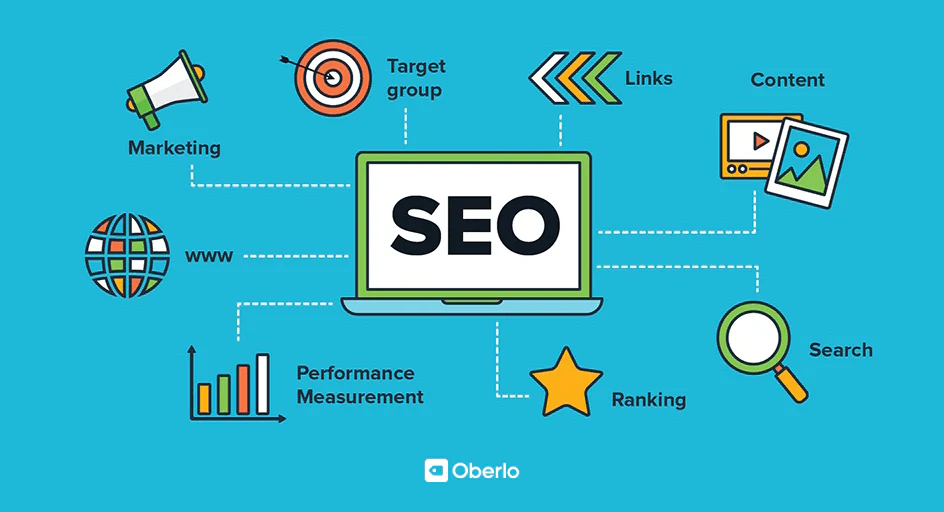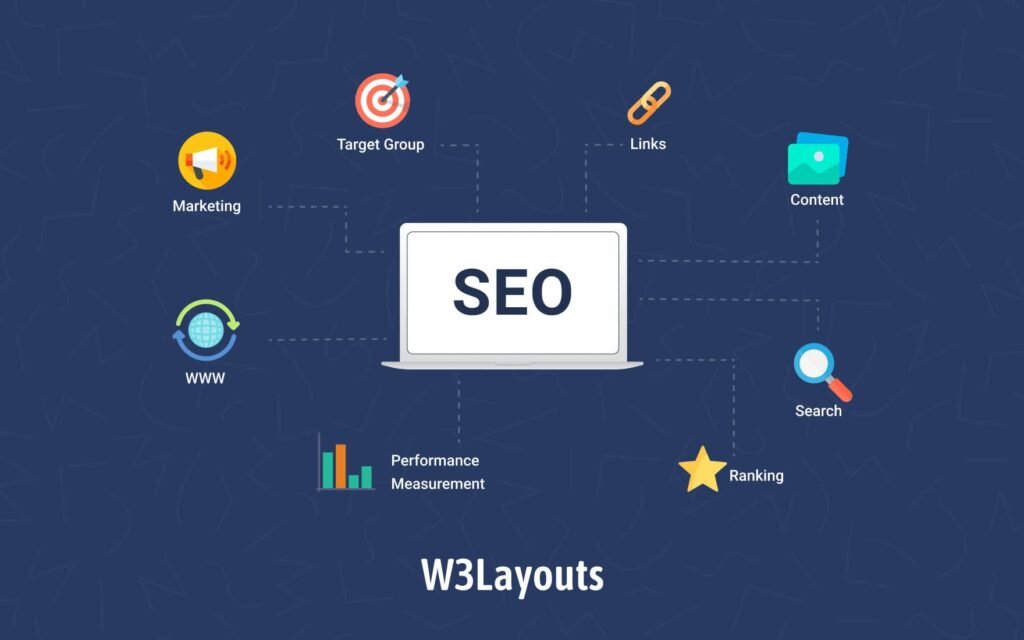The Best SEO Tools to Boost Your Rankings
Search Engine Optimization (SEO) is constantly evolving, and in 2025, it’s more essential than ever to have the right tools in your digital marketing arsenal. Whether you’re a blogger, entrepreneur, or SEO professional, these top SEO tools can help you improve rankings, drive traffic, and stay ahead of the competition.

🔍 1. Ahrefs
Best for: Backlink analysis, keyword research, competitor insights
Ahrefs is a powerhouse when it comes to backlink tracking and keyword opportunities. Its user-friendly interface and rich data reports make it a top choice for many SEO professionals.
✅ Features:
- Site Explorer for competitive analysis
- Keywords Explorer with click metrics
- Content Gap analysis
- Rank Tracker
💡 Pro Tip: Use the “Top Pages” report to find which pages drive the most organic traffic to competitors.
📊 2. SEMrush
Best for: All-in-one SEO and marketing toolkit
SEMrush offers a complete suite for keyword research, SEO audits, content marketing, and even PPC analysis.
✅ Features:
- Keyword Magic Tool
- Position Tracking
- Site Audit and Technical SEO Reports
- Content Optimization
💡 Pro Tip: Combine SEO and PPC insights for a unified digital marketing strategy.
🔧 3. Google Search Console
Best for: Free, direct SEO data from Google
GSC is a must-have tool for every website owner. It shows how your site performs in Google Search and highlights issues like indexing errors and mobile usability.
✅ Features:
- Performance reports (CTR, impressions, etc.)
- Index coverage and error tracking
- URL Inspection Tool
- Core Web Vitals
💡 Pro Tip: Use the “Search Analytics” report to optimize content based on actual user queries.
📈 4. Surfer SEO
Best for: On-page optimization and content creation
Surfer SEO helps you create content that ranks by analyzing top-performing pages and suggesting keyword placements, content length, and structure.
✅ Features:
- Content Editor with real-time suggestions
- SERP Analyzer
- Audit tool for existing content
💡 Pro Tip: Integrate with Google Docs to write optimized content seamlessly.
🔎 5. Screaming Frog
Best for: Technical SEO and site audits
Screaming Frog is a desktop crawler that scans your website like a search engine bot. It helps you identify technical issues that may affect rankings.
✅ Features:
- Crawl analysis (broken links, duplicate content)
- Sitemap generation
- Redirect audit
- JavaScript rendering support

💡 Pro Tip: Combine it with GSC and GA for enhanced crawling insights.
✨ Final Thoughts
Choosing the right SEO tools depends on your goals, but combining a few of the tools above can drastically improve your strategy. In 2025, staying ahead in SEO means being data-driven, consistent, and adaptable to algorithm changes.
Start with one tool, master it, then expand your toolkit.
FAQ: Best SEO Tools

🔹 What is the best SEO tool for beginners?
Answer: Google Search Console and Ubersuggest are great starting points. They’re user-friendly, offer essential data, and help you understand how your site performs without overwhelming complexity.
🔹 Are free SEO tools effective?
Answer: Yes, many free SEO tools like Google Search Console, Google Analytics, and AnswerThePublic offer valuable insights. However, paid tools often provide more in-depth data, automation, and competitive analysis.
🔹 Which SEO tool is best for keyword research?
Answer: Tools like Ahrefs, SEMrush, and Moz are excellent for in-depth keyword research. If you’re on a budget, Ubersuggest is a solid free or low-cost option.
🔹 What’s the best tool for technical SEO audits?
Answer: Screaming Frog and Sitebulb are highly regarded for technical audits. They crawl your site like a search engine, helping uncover broken links, redirect chains, duplicate content, and more.
🔹 Can I use multiple SEO tools at once?
Answer: Yes! In fact, combining tools often gives you a more complete picture. For example, use Google Search Console for real performance data, Ahrefs for backlinks, and Surfer SEO for content optimization.
🔹 How often should I use SEO tools?
Answer: Regular monitoring is key. Perform monthly audits, weekly keyword tracking, and use real-time alerts for major site issues. Most tools offer scheduled reports to automate the process.


